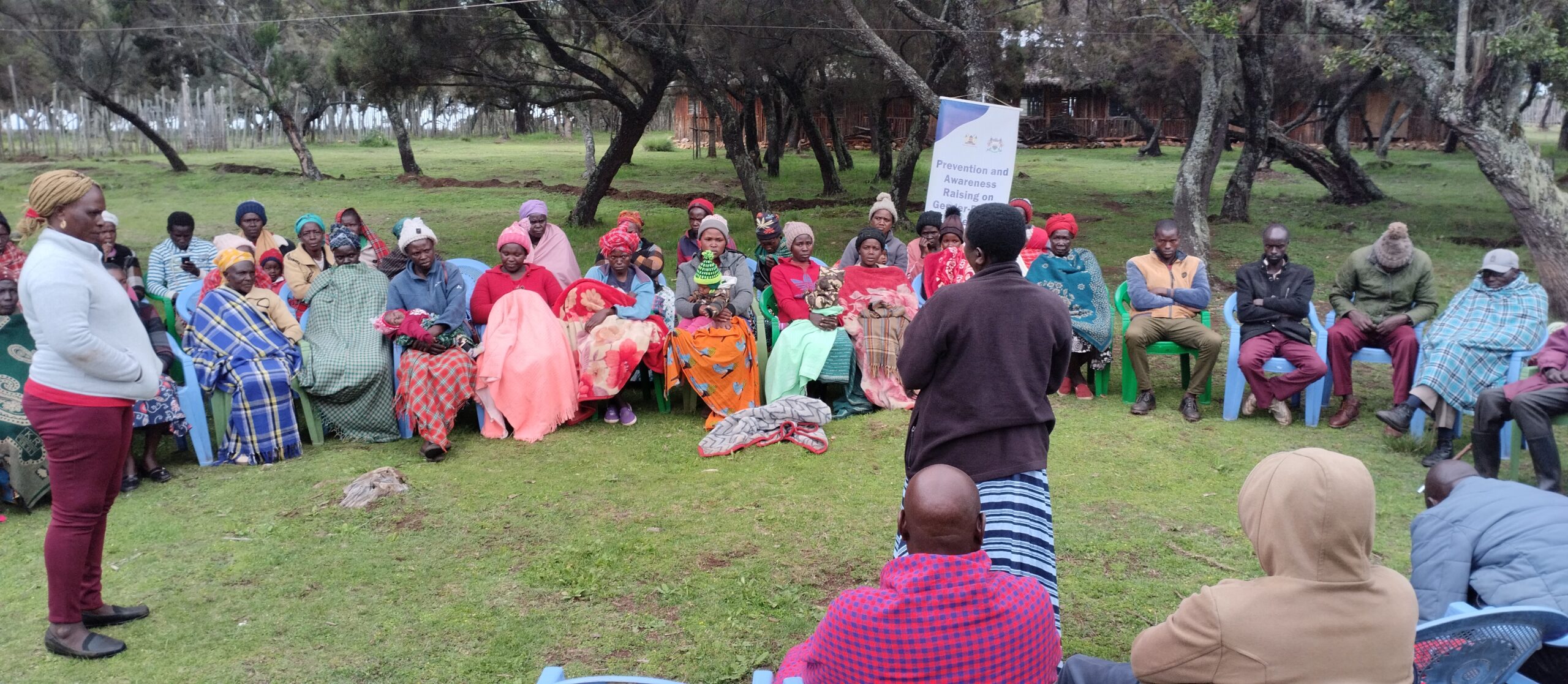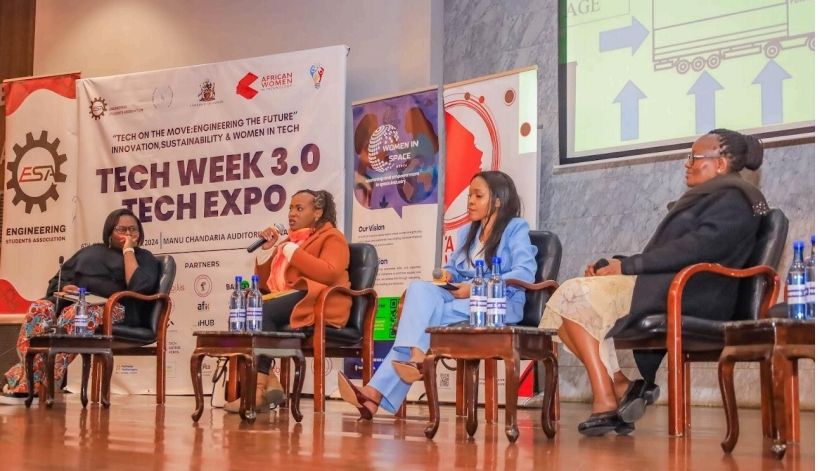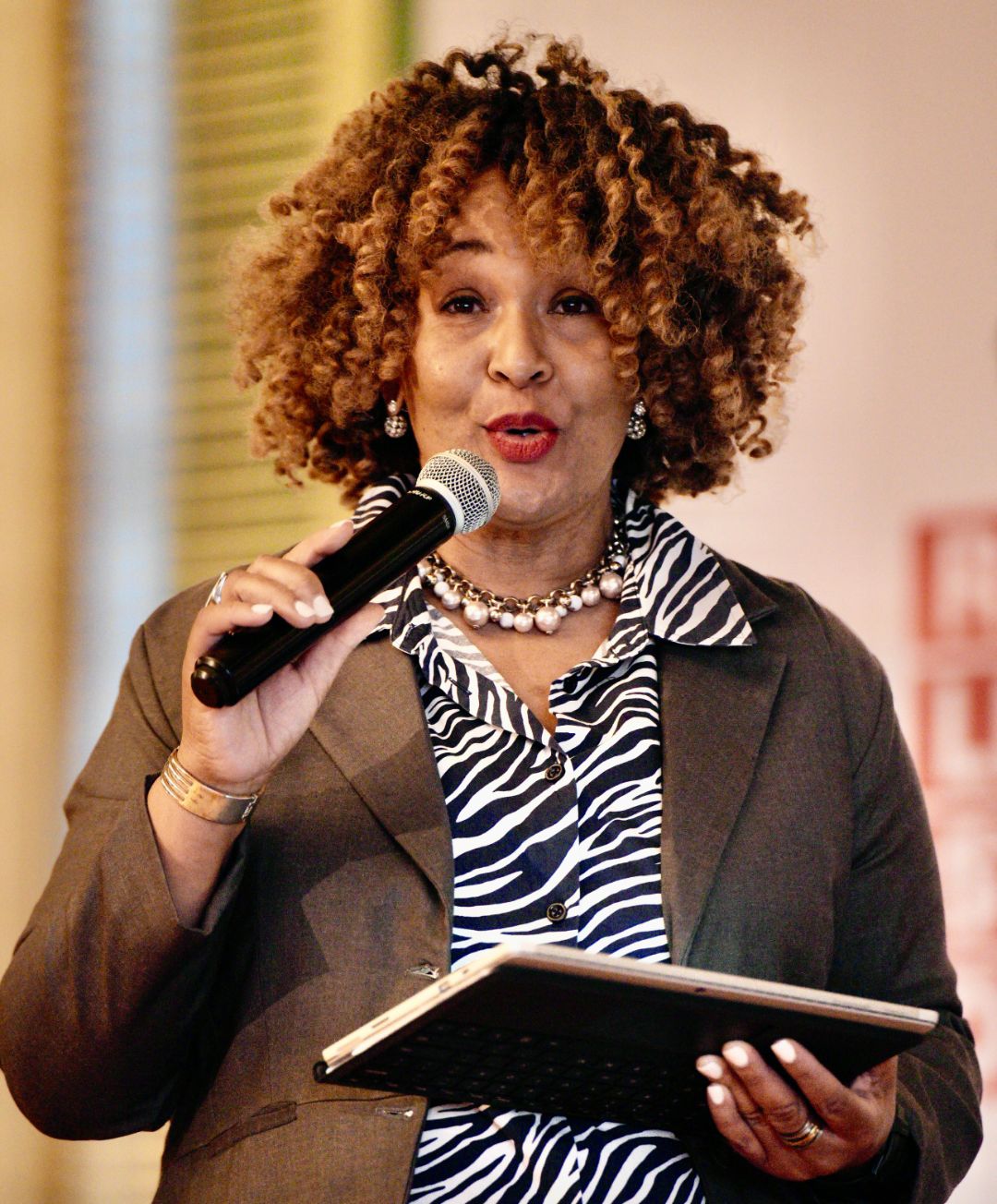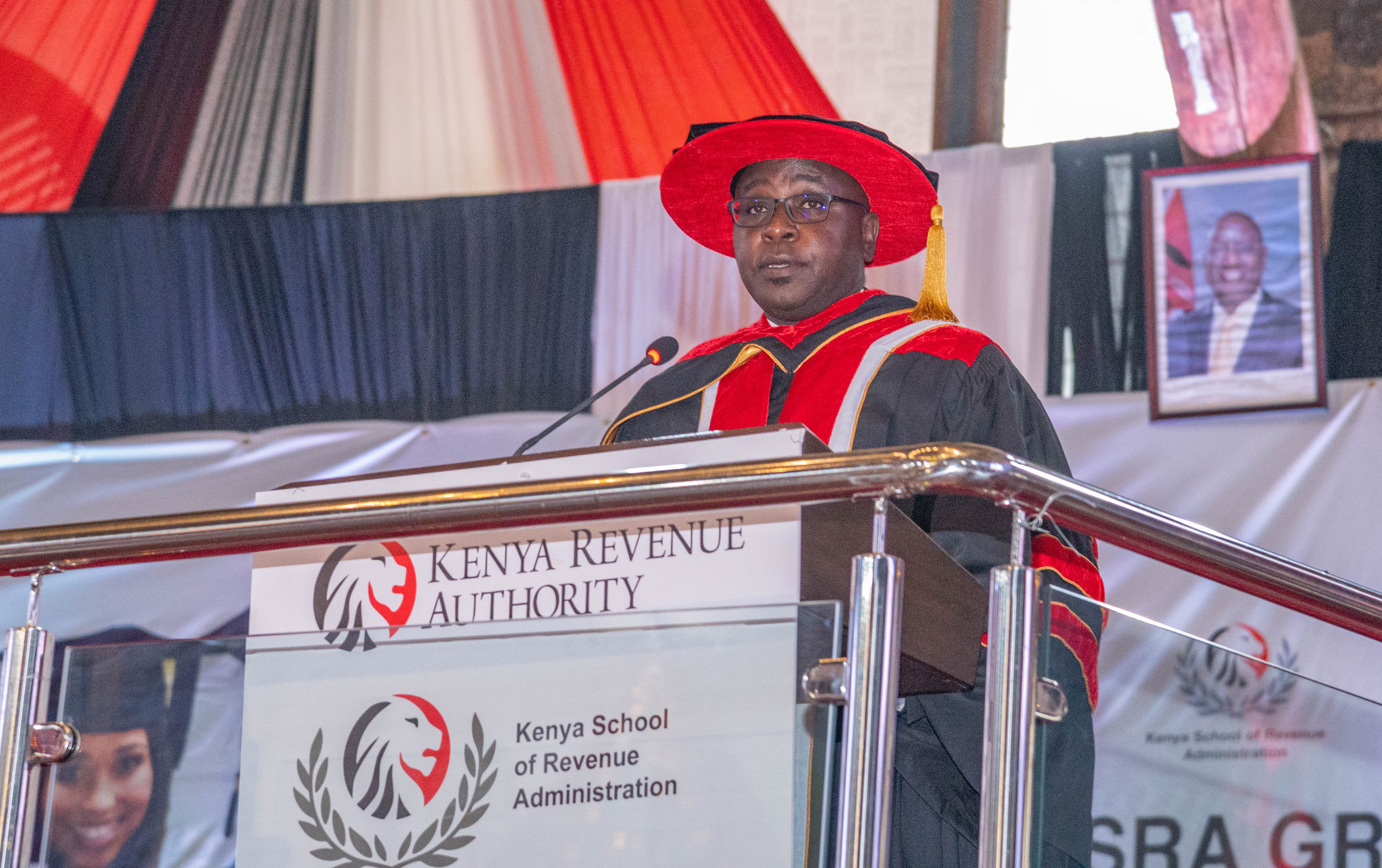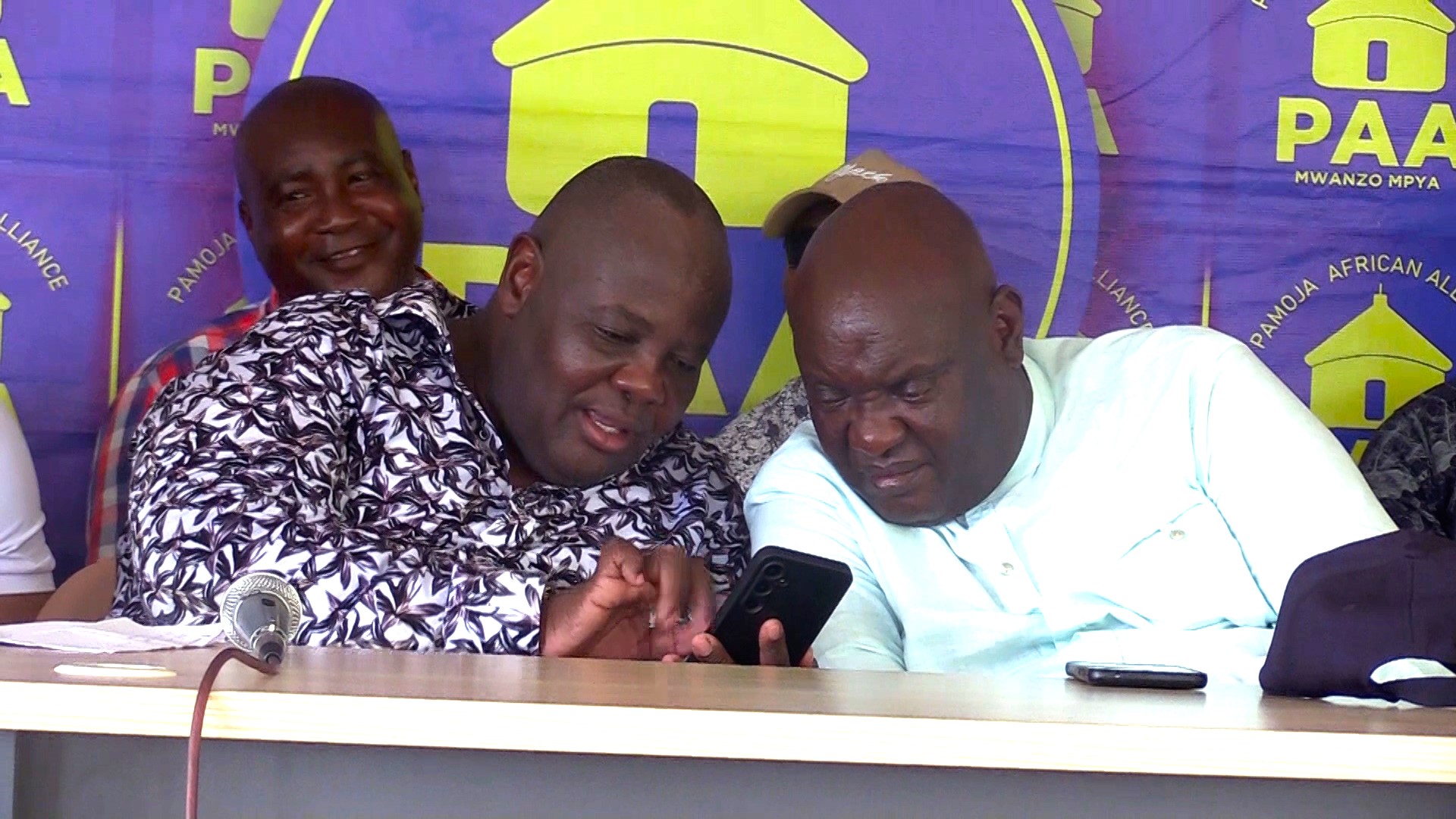Poverty, Illiteracy Key Factors Promoting GBV In Chepkitale
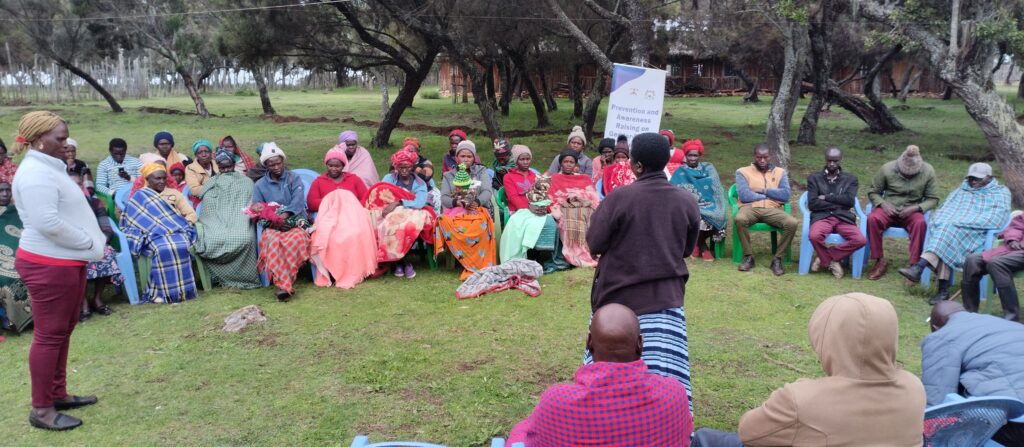
By Isabella Maua
Poverty and illiteracy are key factors that promote gender-based violence and female genital mutilation among residents of Chepkitale.
Speaking during a dialogue session with The Kenya Red Cross at Laboot, women within the Ogiek community cited lack of resources and information as the greatest impediment in the fight against FGM and GBV in the region.
“Most of us are not learned, and this is because we were forced to get married after undergoing the cut since it’s our cultural norm, and our husbands take advantage of this to misuse the matrimonial wealth,” bewailed one of the women.
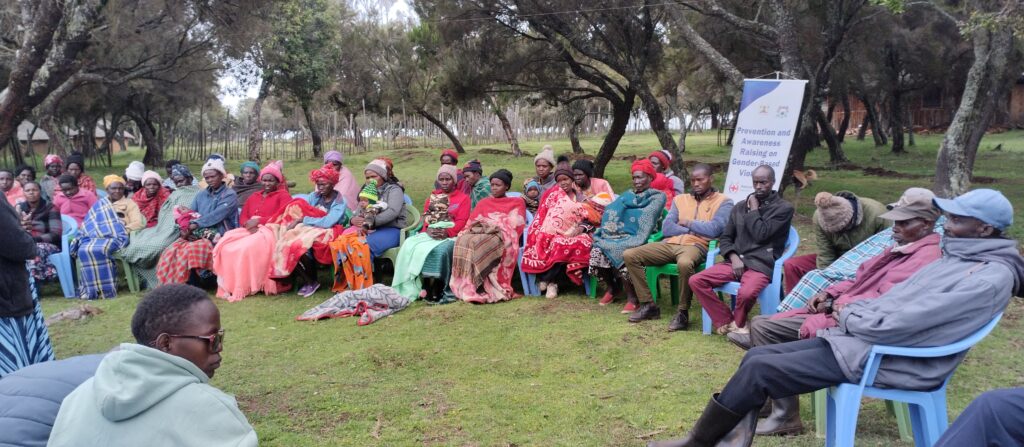
In the Ogiek community, women have since time immemorial not been given a chance to be heard or take part in decision-making, and presently they’re still fighting to claim their rightful position in society.
“Lack of money to provide for our families as required has also played a big role in promoting extramarital affairs, which eventually leads to domestic violence amongst many families,” reported one of the village elders.
Ignorance and illiteracy doubled up with poor infrastructure has been a derailing factor in combating defilement and rape cases not only in Chepkitale but also within regions adjacent to the forests.
“Though it’s evident that there are no roads or even communication networks within your reach, I advise that you try to bring victims to the hospital if they’ve been defiled or raped; this is key to stabilising their health, both physically and psychologically, since we shall give them medication and continuous counselling,” advised Dr. Sikuku Kwenyi, Clinical Officer, Mt. Elgon Sub County Hospital.
However, some of the elderly men present seemed to be supportive of FGM as a way of instilling moral values in the girl child, who, in their opinion, has been swallowed into the world of profligacy and perversion.
“It’s true that the current world commodiously lacks morals, but circumcising girls isn’t the solution. I’m a survivor of the cut, and despite being lucky to pursue my education, I’ve had numerous challenges in my marriage and childbirth until I developed fistula,” explained Ann Chepkebin, a survivor working with the Kenya Red Cross.
According to Sosi Chemosit, who represented the Council of Elders, the best thing would be to have a meeting with the elderly women and find an amicable alternative rite of passage for the adolescent girls where they’ll acquire virtues, knowledge, and skills to be noble women in society.
